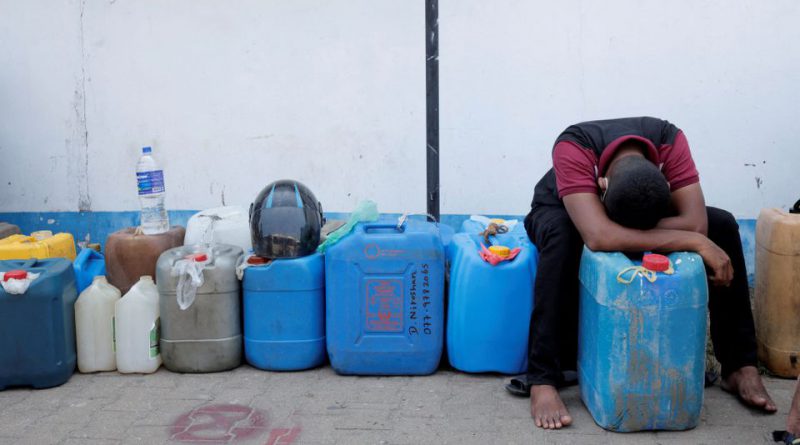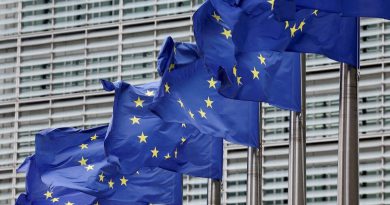How the Russia-Ukraine war accelerated a global energy crisis
Reuters
Poland is Europe’s fastest-growing market in terms of adding heat pumps.
For the energy industry, 2022 will be remembered as the year Russia’s invasion of Ukraine accelerated a global energy crisis.
The invasion, and subsequent Western sanctions, heaped new pressures on oil and gas supplies already strained from the rapid economic rebound from the pandemic.
The world’s top energy companies beat a hasty retreat from Russia and wrote off tens of billions of dollars in assets. European nations scrambled to make sure they could keep the lights on and their residents from freezing to death.
Natural gas prices hit multi-year highs and oil nearly $140 a barrel, not far from an all-time record, turbocharging a post-pandemic inflationary spiral that caused a cost-of-living crisis in many countries.
The invasion and subsequent Western sanctions led to a breakdown in supply relationships that had existed for decades.
Major world economies scrambled to find energy sources – using anything and everything they could find to keep the lights on. Governments pushed to accelerate the deployment of solar and wind – but also to buy coal. Climate change targets went on the back burner.
Governments spent billions of dollars to prop up major utilities like Germany’s Uniper. South Africa experienced its worst power cuts in history. Sri Lanka, short on foreign cash reserves, simply ran out of fuel.
Why it matters
Russia’s invasion of Ukraine caused European countries to re-evaluate their relationship with that nation, long the continent’s primary supplier of natural gas.
Western nations have since discussed and began to implement a price cap on Russian oil, while Europe is discussing a gas price cap and investing more heavily in liquefied natural gas (LNG) to meet energy needs.
“We are seeing nothing less than the termination of a successful 50-year partnership on gas between Russia and Europe,” said Michael Stoppard, special adviser and global gas analyst at S&P Global Commodity Insights. “That is leading to a recalibration of supply and demand and that will take time, and we will suffer the pain of that through 2023 and beyond.”
That dichotomy is evident in numerous countries. Poland is Europe’s fastest-growing market in terms of adding heat pumps. At the same time, rules to limit smog have been postponed, and residents are increasingly burning whatever materials they can, be it harmful lignite oil and trash to heat their homes. In Klodzko, a town of 28,000 in southwestern Poland, people are saving trash for fuel, said the mayor, Michal Piszko.
What does it mean for 2023?
The disarray has not ended. Major industrialized economies are girding for supply constraints in 2023 as well, if not for years after that.
Governments in the United States and Europe both openly shifted to supporting “friendshoring” of strategic supplies to allies, regardless of the likely higher cost, and amped up the use of tax and aid packages to develop nuclear, solar, wind, and hydrogen resources. Their moves are not just meant as a specific response to Russia, but to counter China as well, by developing resources to offset that nation’s dominance in production of solar panels and mining for key materials for batteries.
“It will be regarded as a seminal year, or really the beginning of a completely new system,” said Francesco Starace, CEO of Italy’s Enel, one of the world’s largest power companies. “The year ’22 and part of ’23 we will all say, that’s when all these consequential things took place. It’s a year of breaking habits and changing very, very clearly.”
As the year comes to a close, costs for natural gas and heating fuel have ebbed as economic activity declines. But people are still struggling and could continue to for some time as tight supply causes more price shocks.
“I warm only the room that I’m in and I would only put the heating on for an hour. And then I sit with a jumper, hat and coat on,” said Ruth Johanne, unemployed in Coventry, England, who cannot afford to heat her whole house in winter.



